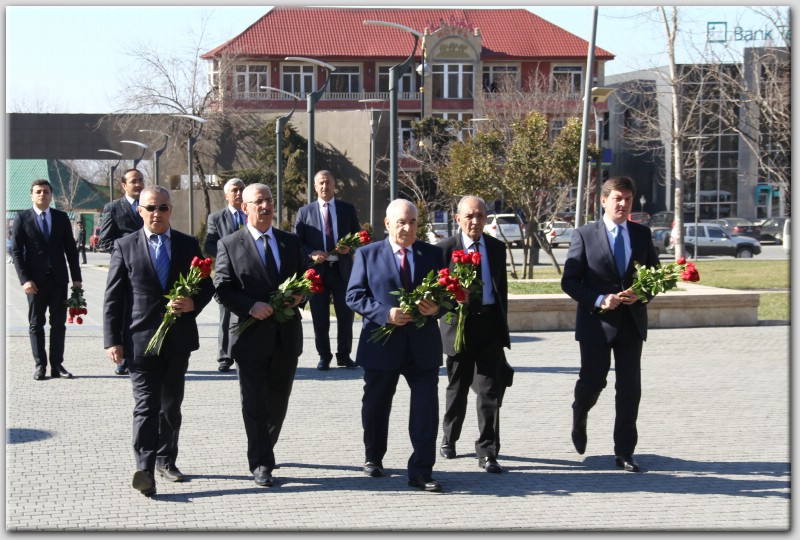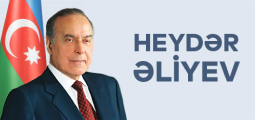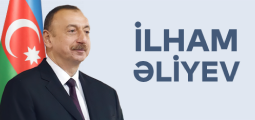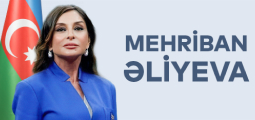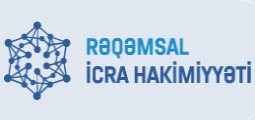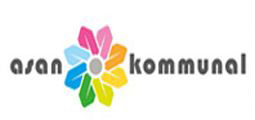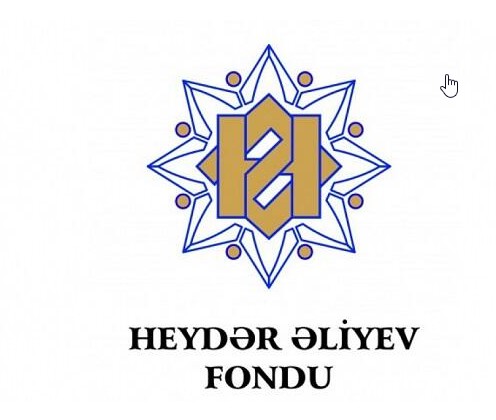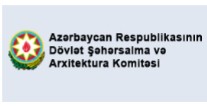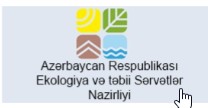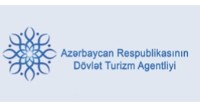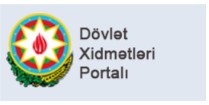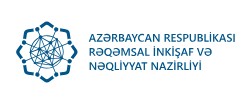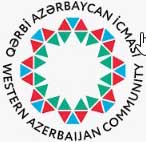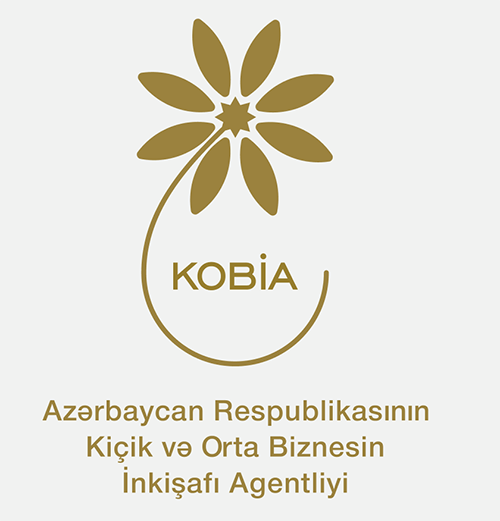Conference on Azerbaijan Model of Multiculturalism: a Perfect Example for the World held.
On March 4, Gabala Culture Center hosted a conference on Azerbaijan Model of Multiculturalism: a Perfect Example for the World jointly organized by the State Council Service on Interethnic, Multicultural and Religious Affairs of the Republic of Azerbaijan, Azerbaijan Elders’ Council, Azerbaijan Newspaper and Gabala Region Executive. Initially, the participants laid flowers at the monument to national leader Heydar Aliyev and honoured his memory. Then, the guests visited the exhibition of books about Gabala and familiarized themselves with the craftwork of schoolchildren. Editor in chief of Azerbaijan Newspaper, Milli Majlis deputy Bakhtiyar Sadigov and executive chief of region Sabuhi Abdullayev speaking at the conference told about the significance of the event. They noted that Azerbaijan sets the example for Western countries which are the cradle of democracy of not only ethnic wealth of population but also of respectful attitude to all peoples and their peaceful co-existence. Freedom of conscience which is one of the basic principles of democracy in Azerbaijan is guarded and provided at the national level. Azerbaijanism ideology founded by national leader Heydar Aliyev generates the ideological system of multicultural and tolerant values of our people, and also binds the moral and political unity of all ethnic groups living in the country on the basis of common interests and a single state. President Ilham Aliyev successfully continues the political course of the national leader Heydar Aliyev in the field of protection and promotion of multicultural values, regularly meets with the representatives of national minorities and religious communities residing in the country, interests in their needs and concerns and sends the greetings on the occasion of national and religious holidays. The establishment of State Council Service on Interethnic, Multicultural and Religious Affairs of the Republic of Azerbaijan by Presidential Decree dated February 28, 2014 is an indicator of a well-implemented policy of multiculturalism. At the same time, as a result of the evaluation of multiculturalism as one of key components of public policy, Baku International Multiculturalism Centre was established by the Decree of President Ilham Aliyev in May 2014. The presentations specially highlighted the activities of Heydar Aliyev Foundation in recognition of Azerbaijan as a space for multiculturalism dialogue between the civilizations in the world and the representation in the world of multicultural values inherent in our people. It was mentioned that the Foundation’s work on this issue goes beyond Azerbaijan and covers a large geographic area from Vatican to Asia and from East to Africa. Heydar Aliyev Foundation contributes to the establishment of such universal values as humanism, solidarity and tolerance among different peoples and perfect traditions formed in our country. The guests noted that all the small peoples in Gabala are surrounded with care and attention, and their representatives are represented in leadership positions and local self-government and have active role in the social life of the region. A sample of multiculturalism in Azerbaijan is clearly manifested in the ethno-political picture of Gabala, and quiet and safe living of the local people. Azeri population of the region coexists peacefully and harmoniously with Udines, Lezgins, Russians and other ethnic groups. Tolerance and respect for other peoples and religions is manifested here. From antiquity to the present time, Gabala is the area where the multinational and different cultures converge and peoples who share different spiritual values live together. Chief Advisor to the State Council Service on Interethnic, Multicultural and Religious Affairs of the Republic of Azerbaijan Etibar Najafov spoke at the event with a lecture on Lines of Multiculturalism Policy of President Ilham Aliyev. He pointed out that some of the world’s politicians talk about the failure of multiculturalism. However, the Azeri example of tolerance shows that multiculturalism is alive and has no alternative. It is no accident that 2016 was declared the Year of Multiculturalism in Azerbaijan. It was noted that President Ilham Aliyev describing multiculturalism as the state policy of Azerbaijan and the way of life of our people attaches special importance to cooperation in this area with the UN, OSCE, Council of Europe, the European Union, the Organization of Islamic Cooperation and other influential international organizations. At the initiative of President Ilham Aliyev since 2011 International Humanitarian Forums have been held in Baku regularly. Significant projects of Heydar Aliyev Foundation associated with the preservation and promotion of multicultural traditions of Azerbaijan are welcomed and appreciated all over the world. Milli Majlis deputy, chairman of Azerbaijan Elders’ Council Fattah Heydarov spoke at the conference on Heydar Aliyev’s Heritage – the Fulcrum Uniting and Mobilizing all the Ethnic Groups Living in Azerbaijan. He stressed that national leader Heydar Aliyev considered the policy of multiculturalism an integral part of the democratic development of the country and saw it in the context of equal rights and freedoms of national minorities and different religions living in Azerbaijan. At a new stage, this policy is successfully continued and developed by President Ilham Aliyev. Then, the head of the Albanian-Udin Christian religious community Robert Mobili, a teacher of secondary school no 1 of Nij village Emil Zaki, CEO of Qafqaz Riverside Hotel Attila Chetinbas and teacher of Gamarvan rural school Rana Hajiyeva spoke on the theme. Director of ANAS Institute of Linguistics Mohsun Nagisoglu spoke about his book Literary and Artistic Sources of Azerbaijan Multiculturalism. The event underlined a rich ethnic composition of Gabala. It was noted that 78.9 per cent of the region’s population are Azeris, 17.1 per cent - Lezgins, 3.7 per cent - Udins, 0.1 per cent - Turks, and 0.2 per cent - other nationalities. There is no distinction on a national basis here, and all live as one family. The lessons are conducted in the native languages for Lezgins and Udines in primary classes of secondary schools. The 2 schools of Gabala and 3 schools of Nij village conduct lessons in Russian. 22 Muslim and one Christian registered religious communities act in 43 mosques and 1 church of the region, and all necessary conditions for religious expression and religious ceremonies of every citizen were created here. The only place where Udins densely reside today is their historical homeland - Nij village of Gabala region. The history of Udins is guarded and studied here. Their language, religion, culture and specific traditions are developed, the ancient temples, churches and historical monuments of Udin people are restored and protected.

